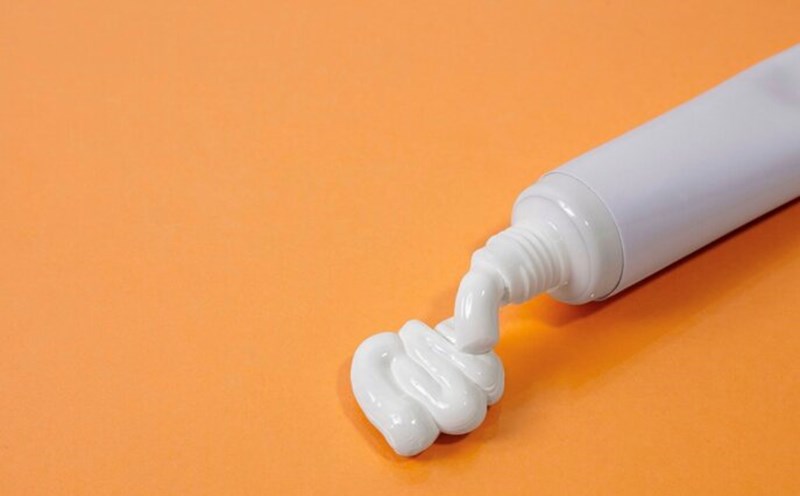According to the UK's National Health Service ( NHS), healthy teeth do not come from complex processes, but from small habits built every day.
As soon as a child's first tooth appears, parents should start brushing their child twice a day, every two minutes, using a toothpaste containing at least 1,000ppm of fluoride (watched on the label).
At the stage where newborns and children know, the amount of ice cream only needs a small spot, avoid letting them take it themselves because they can easily lick toothpaste.
When children are three years old, NHS recommends using a bean sprout cream and emphasizes that children should not brush their mouths too carefully after brushing to avoid fluid governance fluoride, a key factor in strong tooth enamel.
By the age of about seven, many children can brush their own teeth but still need parents' supervision to ensure they brush for two minutes and clean all tooth surfaces. The appropriate fluoride content at this time is 1,3501,500ppm.
NHS also guides the correct toothbrushing technique: movements in a small circle, brushing both the gums and the inside of the tooth. Parents should use mirrors for children to observe and choose a soft brush that is suitable for mouth size.
In addition to brushing properly, regular dental check-ups are an important factor. Early check-ups help children get used to the dental environment and help detect problems before they become serious.
NHS also recommends two important toothbroths for children:
Graces to clog the gap: Permanently applied to the jaw when the child is about 67 years old and repeated at 1114 years old to prevent food and bacteria from sticking to the gaps.
vec-ni fluoride: Gastroes are applied to to teeth every six months, making tooth enamel stronger and effectively reducing the risk of tooth decay.
(The article is for reference only, not a replacement for professional medical advice. Always consult your doctor if you have health questions).











